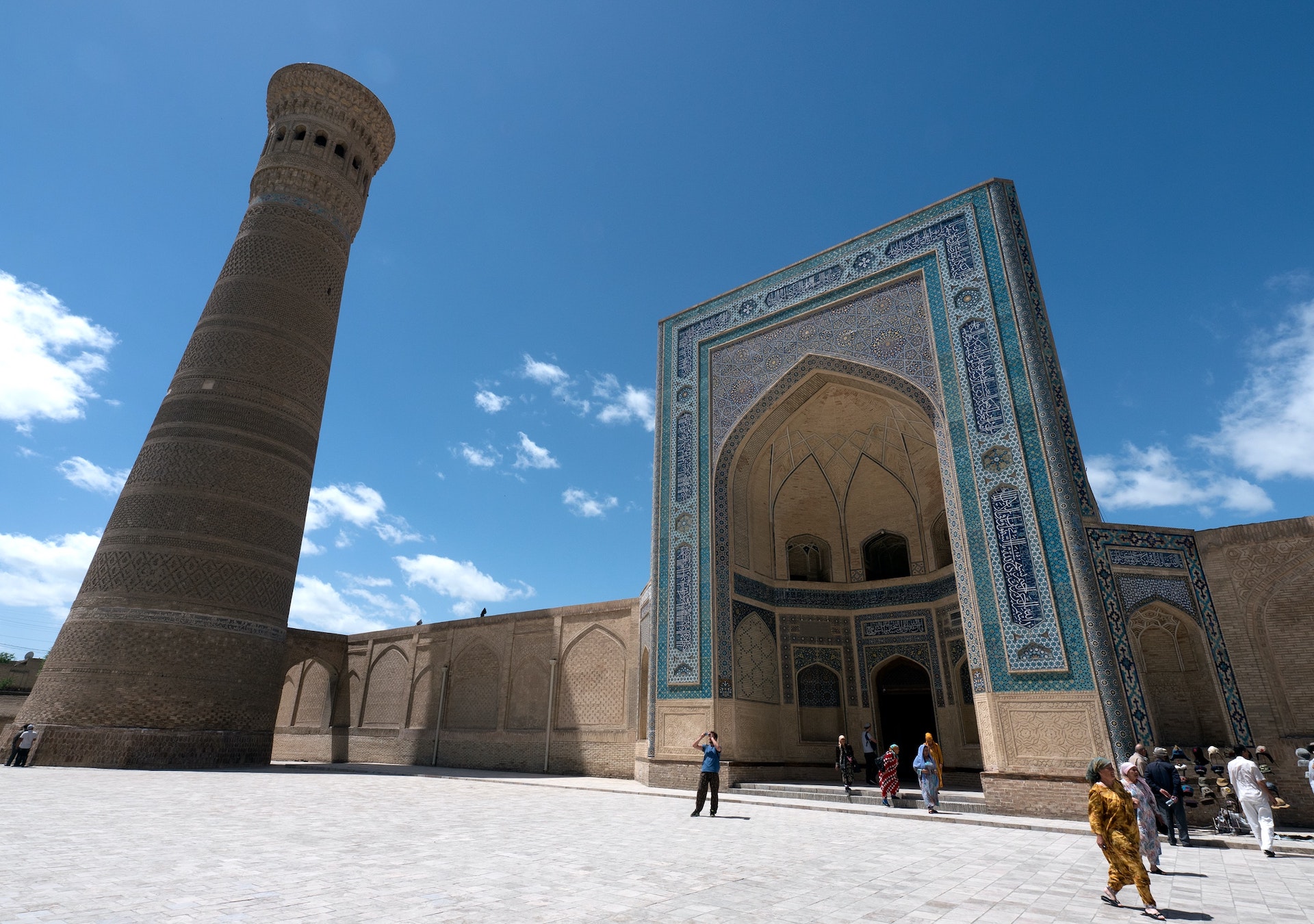Impacts of the Belt and Road in the Eurasian Heartland
HKUST IEMS Thought Leadership Brief No. 38
SHARE THIS

Belt and Road projects in the Eurasian Heartland (Central Asia and the Caucasus, Russia, and Belarus) have predominately focused on the exploitation of the region’s natural resources rather than on developing infrastructure, building industrial facilities, or partnering in innovations. However, there is a visible positive impact of the BRI on host countries in the Eurasian Heartland, as evidenced by rising investment, increasing trade, institutional improvements, and growing humanitarian connections and awareness. At the same time, there are also unintended consequences of Chinese BRI activity, including negative social, environmental, and economic impacts that could undermine the future development of the Initiative due to public opposition and politicization.
About the authors
Alexey Kalinin is Academic Director at the SKOLKOVO Institute for Emerging Market Studies.
Albert Park was the previous Director of the Institute for Emerging Market Studies, Head and Chair Professor of Economics, Chair Professor of Social Science and Professor of Public Policy at Hong Kong University of Science and Technology. More >>
See also "Report on Geo-Economics of the Eurasian Heartland" and "Report on Chinese Grand Strategy in the Eurasian Heartland. Belt and Road Initiative in Russia, Belarus, Central Asia and the Caucasus" .
Acknowledgment
This research is supported by the Strategic Public Policy Research Funding Scheme from the Central Policy Unit of the HKSAR Government. More >>
Get updates from HKUST IEMS






